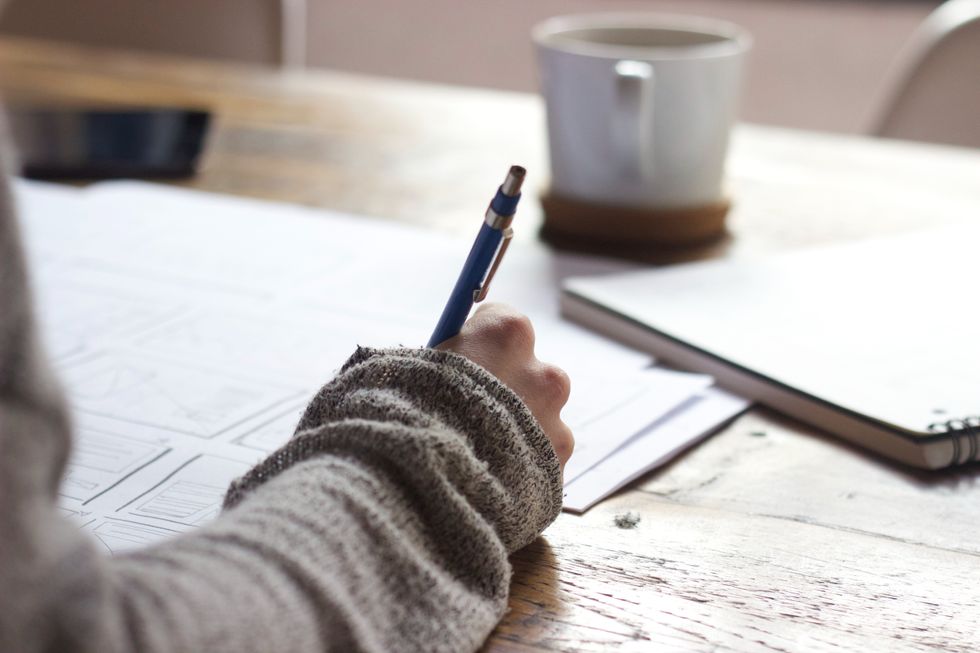During the madness that is midterms season, sleep has become a luxury as we drown in our responsibilities while cramming a week's worth of material into our heads. Lucky for you, I have decided to share my tried and true study tips that should help you effectively and efficiently prepare for any tests that have been thrown your way.
1. Use a planner and actually plan
The term “planner” is used very loosely here; even a sheet of paper or post-it should suffice. The main point of this tip is to actively plan out your days and study schedules. If you write down all the tasks you need to complete within a day and allot certain time periods for those said tasks, you will be efficiently using your time within a day to get the maximum amount of studying done.
Seeing all your goals written down will also give you a clearer mind, allowing you to invest even more time and effort into all the tasks you’ve set out for yourself. Remember to plan 30-minute study breaks every now and then to avoid oversaturating your brain with information that may be hard to retain.
2. Study your study guides
Study guides that are provided by your professors are actually blessings in disguise. Most of us have a habit of just glancing at a study guide, assuming we know most of the information on there, and neglecting a proper study session. Instead, write down everything you know about the certain topics listed on the study guide and really etch all that information into your head.
Start by writing out paragraphs for each topic in a notebook, and later condense those paragraphs into sentences on a notecard. Studying those notecards will help you understand the essence of the topics, and because those notecards came from the paragraphs you wrote beforehand, you will already know all the little details there are to know about said topics.
3. Practice the practice tests
This one should be fairly simple. If you’re given a practice test, attempt it until you get a 100% without hesitation. While making your various attempts, aim to understand the questions you missed and why you missed them in the first place.
Practicing them and understanding how to correctly solve them prepares you not only for that question but also for questions that are similar in wording and concepts that you will very likely encounter on the actual exam.
4. Utilize flashcards
I have never heard a single negative about studying when it comes to flashcards. They are perfect for studying vocabulary words, summarizing topics for possible essay questions, and writing down the questions and answers of problems on practice tests. Keep going through the cards over and over again until you’ve mastered all of them. Once you’ve done that, there is no way you won’t be prepared for the test you’ve been studying for.
5. Escape distractions
We all know this, yet we fail to do it. Studying somewhere that has minimal distractions is what is going to help you efficiently use your time when you need to study for a major exam. Put your phone on the other side of the room, or simply just turn it off for an hour or two.
Turn your wifi off on your computer if possible, and study in an environment where people have the same goals as you (i.e. a coffee shop or the library). You’ll get things done faster and more effectively, and who doesn’t want that?
6. Use mnemonic devices
Make memorizing things fun by using mnemonic devices. Think of something related to the word or definition you are trying to memorize, or link something relevant in your life to what you are studying. Try finding things that sound like the terms you are attempting to memorize. Your mind will use these said mnemonic devices and connect the word or definition every time you hear or see them.

















